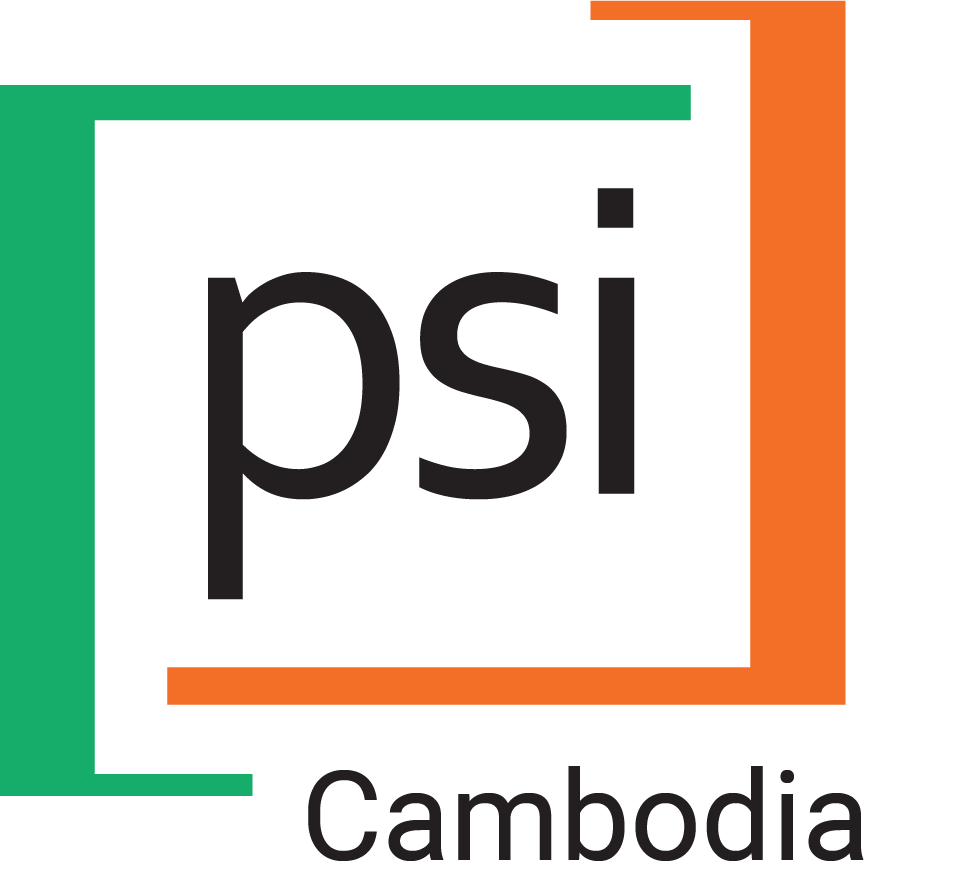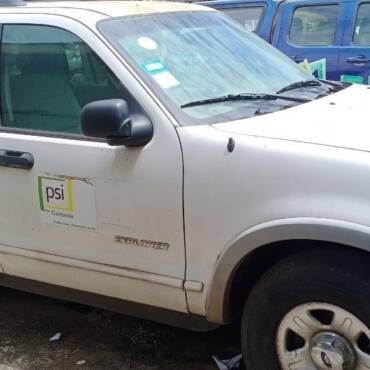We use evidence and data to inform decision-making.
PSI Cambodia makes its decisions based on evidence. We are committed to measuring the impact of our programming, with strong research and M&E plans in place to inform program management and assess program effectiveness. PSI Cambodia’s research team brings together experienced professionals with skills and knowledge in research to design, monitor and evaluate our programs. The following are research studies that PSI Cambodia has conducted recently:
Behavioural determinants of malaria risk, prevention, and care-seeking behaviours among forest-goers in Cambodia: A mixed-method, formative study consisting of a cross-sectional survey and qualitative in-depth interviews was implemented in two Cambodian provinces: Kampong Chhnang and and Pursat. The goal of the study was to develop a better understanding of the target population, specifically their knowledge, attitudes, and practices (KAP) in relation to the topic of study, and their motivations and barriers to adopting and changing behaviour.
The use of respondent-driven sampling to assess febrile illness treatment-seeking behaviours among forest-goers: A population-based survey of forest-goers using respondent-driven sampling (RDS) in two operational districts, Oral and Phnom Srouch in Kampong Speu Province were included in the study. Due to forest-goers’ hard-to-reach and often mobile status, novel data collection methods were required to gain behavioural insights from this group to inform appropriate malaria elimination interventions. 63 villages were grouped into 21 clusters based on their location and proximity to each other. These districts were selected due to their high incidence of malaria, proximity to the forest, and ease of access to forest-goers.
Market assessment of the water and sanitation markets: Using a Market Development Approach (MDA), this assessment included data from nine provinces in Cambodia in order to complete a robust analysis and understanding of these markets. The Team conducted formative research on consumer behaviors related to water use and sanitation at the outset of the Support for International Family Planning and Health Organizations 2 (SIFPO2) project, and used these findings to identify behaviors, preferences, and price points to optimize the market offerings and to develop key behavior change messages, tools and materials.
HIV Products Distribution Surveys: Between 2005 and 2015, ten HIV products (condoms and lubricant) distribution surveys were conducted with the objectives of estimating market penetration for condom brands in selected high risk venues areas and measuring condom availability in non-brothel high risk outlets.



